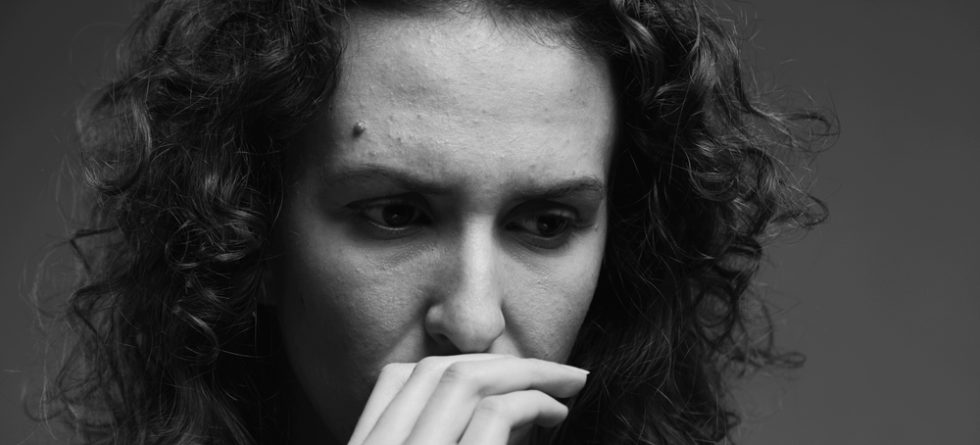Crippling anxiety is a severe form of anxiety that significantly interferes with a person’s daily life and functioning. It goes beyond the normal feelings of nervousness or worry that people might experience on occasion.
Here’s what crippling anxiety might feel like…
- Intense Fear or Dread – Feelings of overwhelming fear or dread about everyday situations, often without a clear cause or about something that might not seem worrying to others.
- Physical Symptoms – Physical manifestations can include rapid heartbeat, sweating, trembling, dizziness, shortness of breath, chest pain, or gastrointestinal issues. These symptoms can be so severe that individuals might think they’re having a heart attack or other medical emergency.
- Avoidance Behavior – A strong desire to avoid certain places, situations, or activities that might trigger anxiety. This can lead to isolation and can affect personal relationships, work, or school life.
- Panic Attacks – Sudden and intense episodes of fear or discomfort, often with no apparent trigger. Symptoms during a panic attack can include palpitations, sweating, trembling, shortness of breath, feelings of choking, chest pain, nausea, dizziness, chills or hot flashes, numbness, and fear of losing control or dying.
- Constant Worry – Excessive and uncontrollable worry about various aspects of life, such as health, work, relationships, or finances, often assuming the worst will happen.
- Concentration Problems – Difficulty focusing or concentrating due to the overwhelming feelings of anxiety, which can affect performance at work or school.
- Sleep Disturbances – Problems with falling asleep or staying asleep, often due to racing thoughts or worry.
- Fatigue – Feeling tired all the time, even without physical exertion, partly because of the intense energy anxiety can consume and the disruption of sleep patterns.
- Irritability – Increased irritability or agitation, which can stem from the constant state of anxiety and its impact on the individual’s life.
- Sense of Doom – Persistent feeling that something bad is going to happen, often without any evidence to support this belief.
Crippling anxiety is not something to be taken lightly, and it can severely limit an individual’s ability to lead a normal life. Anyone experiencing these symptoms need to seek professional help. Treatments can include therapy, such as cognitive-behavioral therapy (CBT), medication, lifestyle changes, and coping strategies to manage anxiety.





